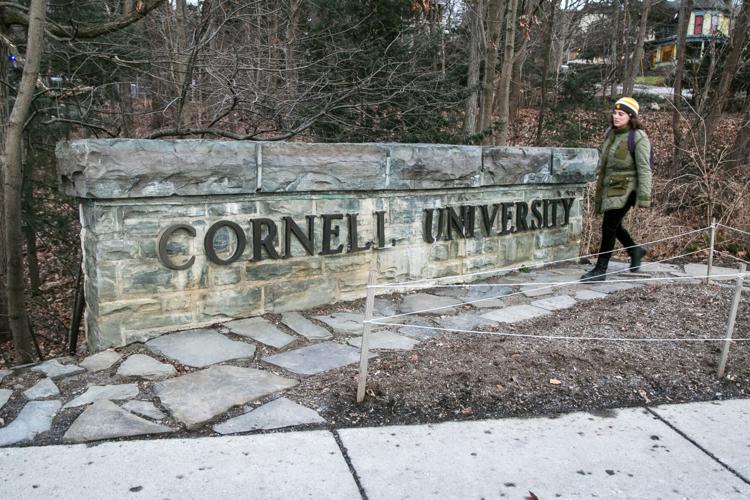Washington. The Trump administration’s decision to freeze over $1 billion in funding for Cornell University and $790 million for Northwestern University represents a significant escalation in the broader conflict between the government and elite U.S. universities. This move is part of a growing campaign against certain academic institutions, particularly those that have been involved in contentious political issues, including debates over antisemitism and racial discrimination.
The freeze on funding, which includes grants and contracts from multiple federal agencies—such as the Departments of Agriculture, Defense, Education, and Health and Human Services—has raised alarms due to its potential impact on vital research. Cornell, for example, highlighted that these funds supported crucial research in defense, cybersecurity, and health. Both Cornell and Northwestern, in their statements, emphasized that they had not received formal notification of the exact suspension details, leaving them seeking more clarity from federal officials.
This move comes after several weeks of heightened scrutiny of universities over their handling of antisemitism and diversity efforts. Cornell and Northwestern are under investigation for allegations related to antisemitism, stemming in part from campus protests and activities connected to the Israeli-Palestinian conflict. The investigations also include claims of racial discrimination, particularly around the universities’ diversity initiatives. The Trump administration has been vocal in its criticisms of elite universities, framing them as biased and unresponsive to civil rights concerns, while also accusing them of promoting left-wing ideologies.
The funding freeze also highlights a key ideological battleground over the role of universities in promoting free speech and civil rights. Secretary of Education Linda McMahon has indicated that taxpayer-funded institutions must adhere strictly to civil rights laws, implying that non-compliance could lead to the loss of federal funding. This underscores the administration’s broader strategy of using federal funding as leverage to influence university policies and practices, especially regarding controversial issues like antisemitism and race relations.
For universities like Cornell and Northwestern, the implications of such a funding freeze are far-reaching. Many of the affected funds support groundbreaking research—such as Northwestern’s work on pacemakers and Alzheimer’s treatments—that has broad societal and health-related benefits. The financial strain from the loss of federal funds could stifle these efforts and disrupt academic programs.
This action also puts a spotlight on the broader tensions within American higher education, where political and social movements, especially surrounding free speech, diversity, and discrimination, are increasingly colliding with governmental oversight. With major universities now facing federal intervention, this move could set a precedent for future federal actions against academic institutions, especially as universities continue to grapple with balancing free speech and inclusivity on their campuses. The outcome of these investigations and the fate of the funding could reshape the relationship between the federal government and American higher education for years to come.









